Publications
Articles, publications, books, tools and multimedia features from the U.S. Institute of Peace provide the latest news, analysis, research findings, practitioner guides and reports, all related to the conflict zones and issues that are at the center of the Institute’s work to prevent and reduce violent conflict.
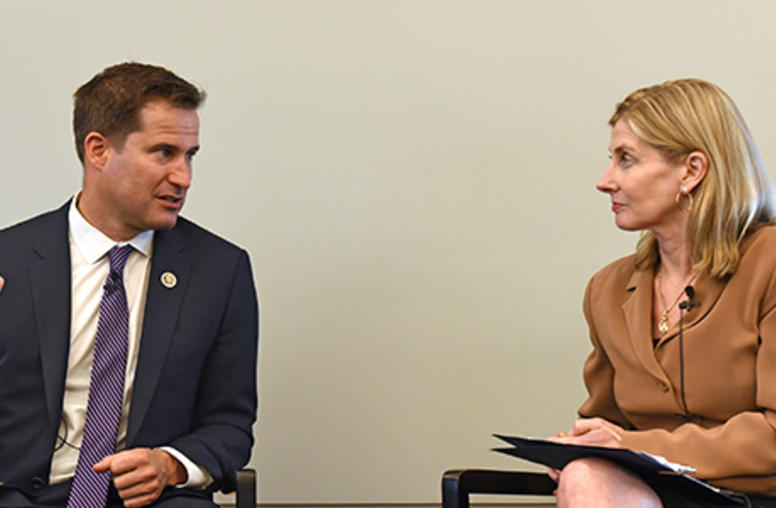
Ex-Marine Lawmaker Seeks Diplomatic ‘Surge’ in Iraq
After four tours with the U.S. Marines in Iraq, Representative Seth Moulton, a first-term Democrat from Massachusetts, remains focused on the country’s development and its current battle against the ISIS extremist group, and he said he has concluded that its fundamental problems are political. A military strategy that fails to address Iraq’s political weaknesses ensures that American troops—about 5,000 of whom have returned to the country—will be back again five years after ISIS is defeated, ...
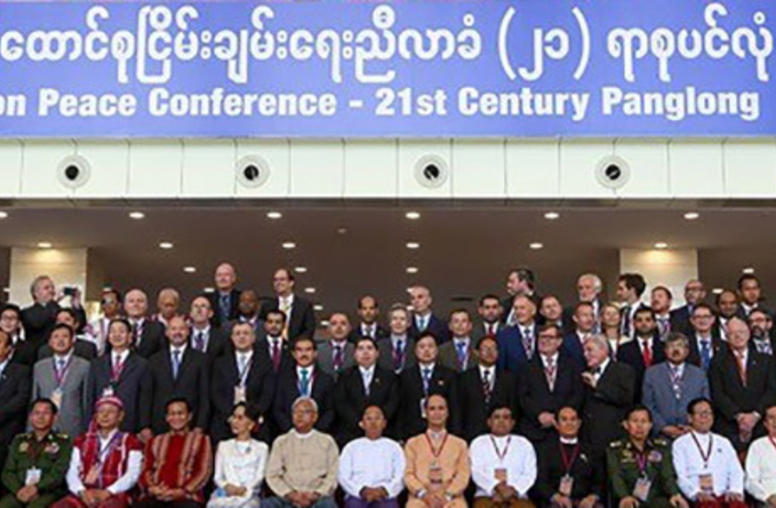
Q&A: Myanmar’s Peace Process, Suu Kyi Style
Four days of talks last week restarted Myanmar’s peace process almost a year after a Nationwide Ceasefire Agreement was signed by some but not all of the country’s armed groups. The process, known as the 21st Century Panglong Conference, or Union Peace Conference, is intended to convene every six months and aims to end the decades-long conflicts between and among the Myanmar army and an array of rebel groups. Vanessa Johanson, the Myanmar country director for the U.S. Institute of Peace, exam...
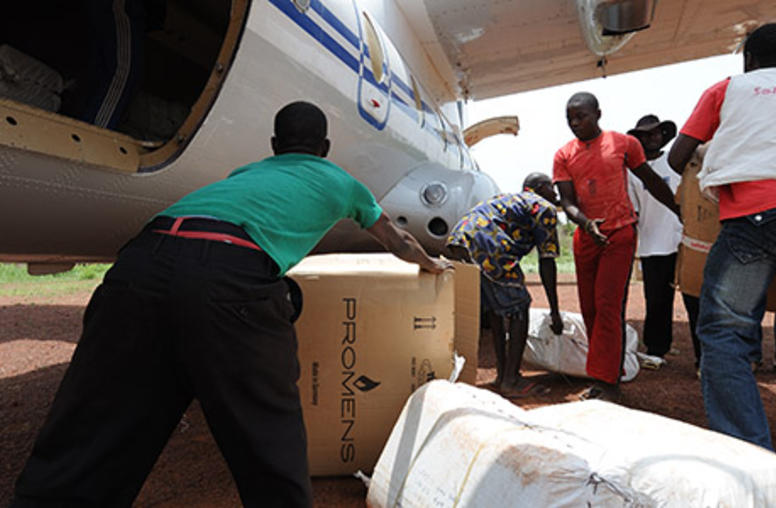
To Improve Humanitarian Aid, Go Local
This month, the world's unprecedented refugee crisis, and the traumas of the greater Middle East that are fueling it, will dominate the United Nations' annual General Assembly session. World leaders will hold extraordinary meetings, including a White House-hosted Leaders' Summit on Refugees, to grapple with a web of violent conflicts, failed and fragile states, and the resulting humanitarian disaster of more than 60 million people worldwide living as refugees.
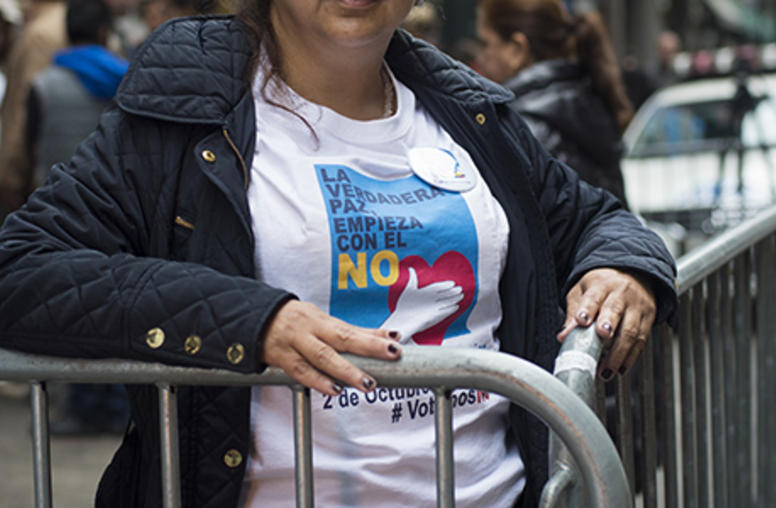
Q&A: Colombians Narrowly Reject Peace Deal
Colombian voters yesterday defied projections by pollsters and rejected a peace accord that their government had negotiated during four years of talks with the Revolutionary Armed Forces of Colombia (FARC-EP). The agreement was intended to end more than a half century of violent conflict that has left well over 220,000 dead and close to 8 million victims, including more than 6 million people forcibly displaced. USIP’s Senior Advisor for Peace Processes Virginia M. Bouvier explains why voters ...
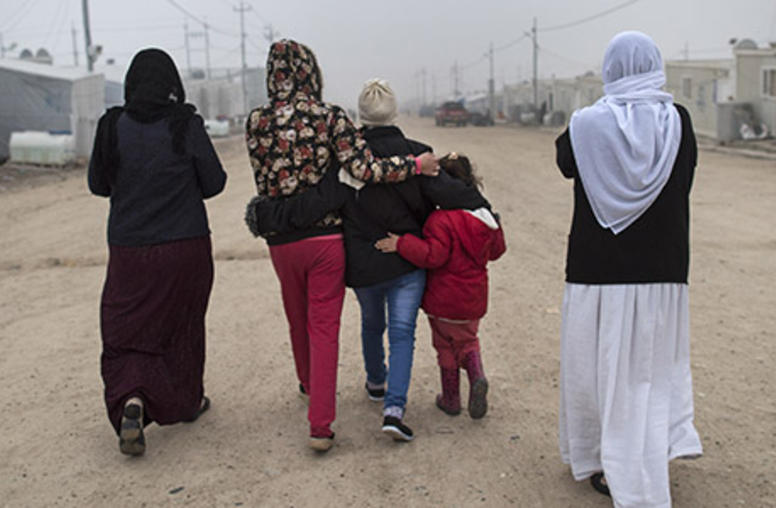
ISIS Makes Sex Slavery Key Tactic of Terrorism
The sexual violence committed against women and girls by the Islamic State of Iraq and Syria (ISIS) can only begin to be addressed with a multipronged response from the global to the local level, said Zainab Hawa Bangura, the United Nations’ point person on the issue. Speaking at the U.S. Institute of Peace, Bangura cited work ranging from promotion of U.N. resolutions to talks with religious leaders to suggest how the brutal, systematic sexual slavery imposed by the extremist group might be ...
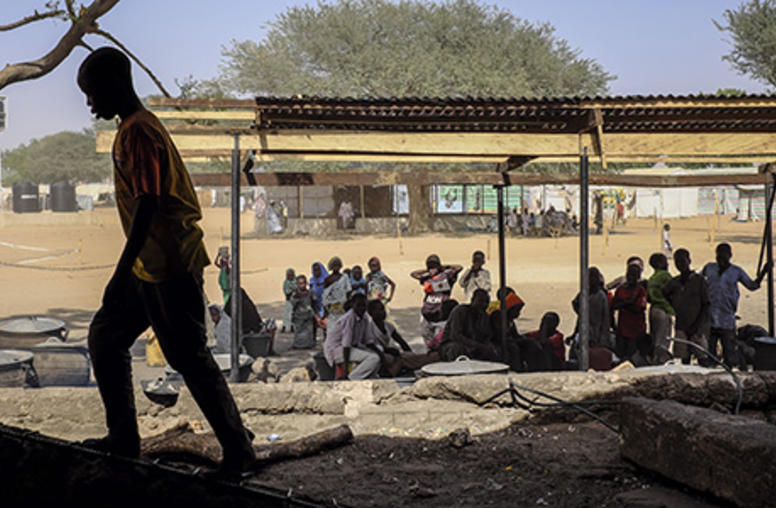
Nigerian Governors Set to Discuss Paths to Progress
The urgent challenges for Nigeria’s powerful northern state governors range from addressing a humanitarian crisis sparked by Boko Haram’s insurgency to boosting economic growth with alternatives such as agriculture to make up for declining oil revenue, Johnnie Carson, a senior advisor at the U.S. Institute of Peace, said ahead of a governors’ symposium to be held at the Institute next week.
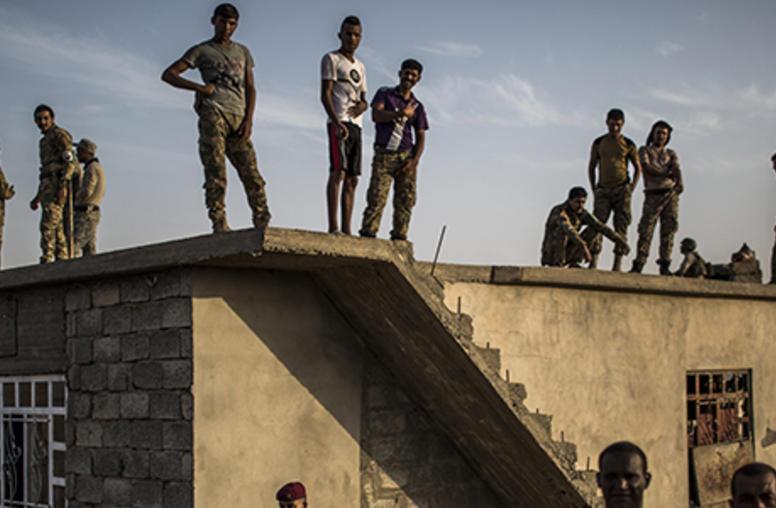
Mosul After ISIS: No Clear Plan for Peace
Two weeks into Iraq’s offensive to recapture Mosul from ISIS militants, the government and its fractious allies have not agreed on how to stabilize and govern the disputed region in the aftermath. The threat of new rounds of conflict, even after a recovery of Mosul from ISIS, is highlighted by the weekend’s surprise advance by Shia Muslim militias, which make up one of at least four main rival forces in the assault. The militia units announced that their fighters had begun a drive on the cont...
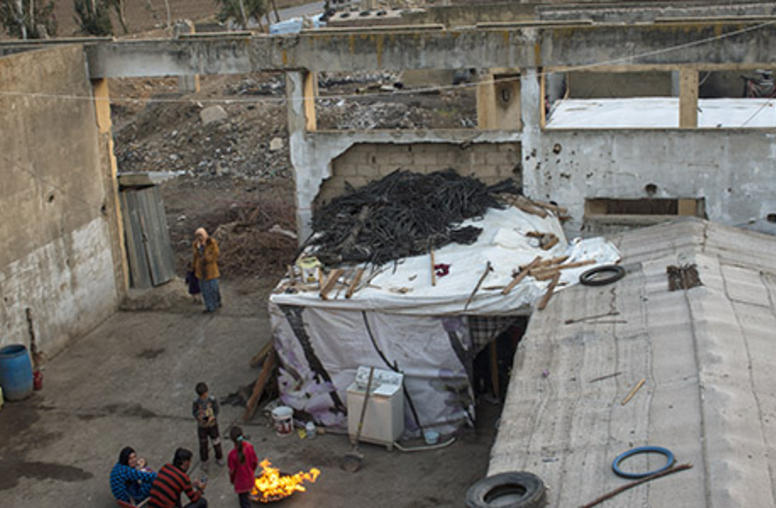
Q&A: Can Lebanon’s New President Defuse Major Crises?
The Lebanese Parliament’s selection this week of General Michel Aoun as president ends 2 ½ years of a leadership vacuum that mired decision-making on fundamental economic, social and political crises facing Lebanon. The Parliament had been unable to elect a new president since May 2014, even as it faced emergencies such as the influx of more than 1 million refugees from the war in neighboring Syria. USIP Middle East and North Africa Director Elie Abouaoun examines the potential effect of the ...
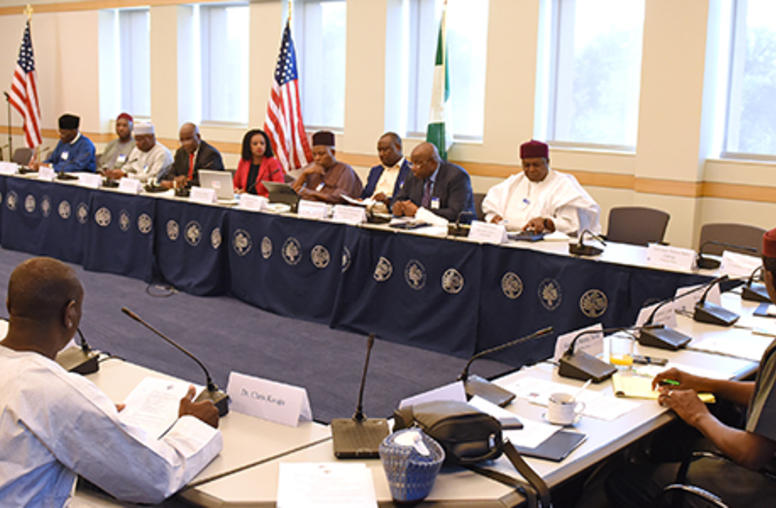
Nigerian Governors on Ways to Halt Crises, Boko Haram
A dozen governors from northern Nigeria say their region’s crises—warfare, poverty and millions of uprooted people—can be ended only with initiatives for education, reconciliation among rival groups, and the political inclusion of minorities and women. As Nigeria works to repair and build relations between police and communities, several governors said, the country’s federally run police system should be complemented with state or local police forces. The elected state governors, who wield im...
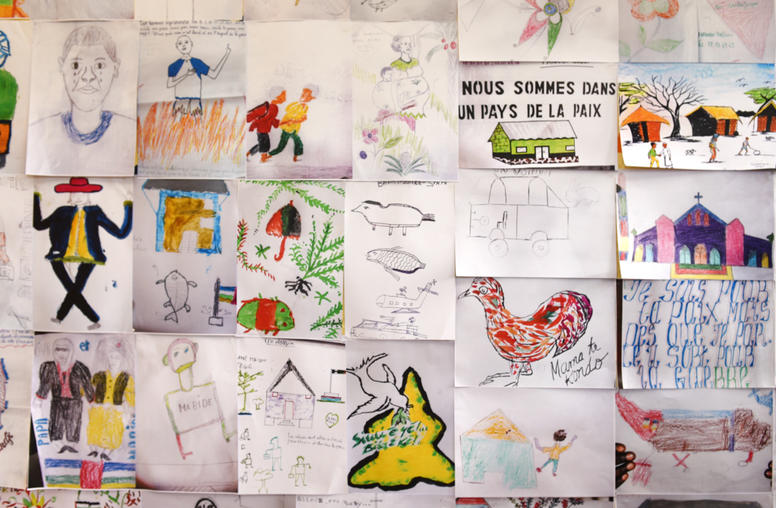
Q&A: Central African Republic Waiting for Peace
Nine months after the Central African Republic (CAR) held free, peaceful and democratic elections for president and parliament, the country continues to struggle for stability and progress. Half of the country remains in need of humanitarian aid, and an increase in violent incidents since September threatens to destabilize any progress made to date. At the end of November, clashes between factions of the ex-Séléka, a formerly united alliance of primarily Muslim armed groups, left 85 dead, 76 injured and 11,000 newly displaced.